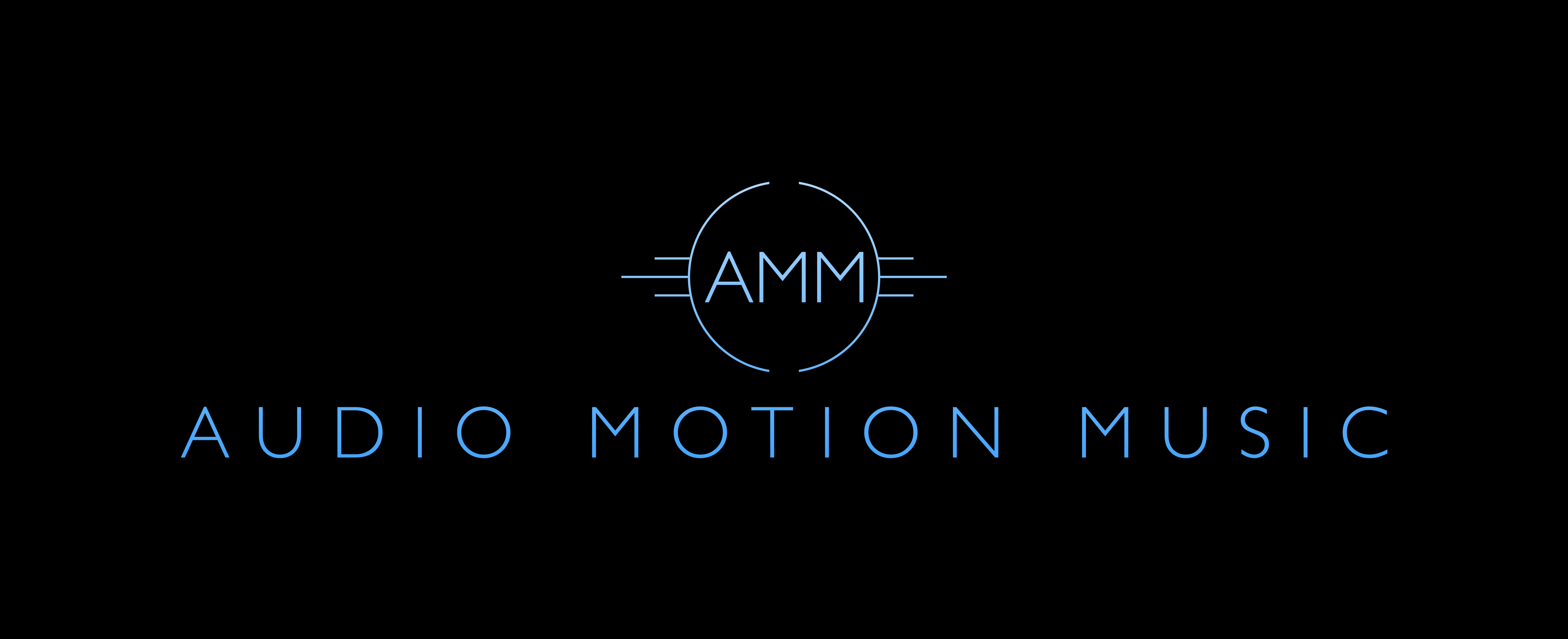Music licensing is a critical aspect of the music industry that provides creators are compensated for their work, fosters creativity and originality, and protects the rights of music creators. It also enables using music in various mediums such as film, television, advertising, and video games. This post will discuss the importance of music licensing and how it benefits the music industry by providing real-life case scenarios.
One of the main advantages of music licensing is that it allows for the creation of unique and original music. When artists and songwriters can earn fair compensation for their work, they can focus on pushing the boundaries of what’s possible with music. For example, a struggling independent artist who can secure a licensing deal for their music to be used in a popular television show, can now invest in better equipment and resources to produce higher quality music.
Music licensing also plays a crucial role in protecting the rights of music creators. Copyright laws make sure that music creators have the exclusive right to control using their work, including how it’s used, distributed and marketed. For example, a musician who didn’t license their music for commercial use and then found it used in a car commercial without their consent, can now take legal action Thanks to copyright laws that protect their rights as a music creator.
Another significant aspect of music licensing is that it allows music to be used in various mediums such as film, television, advertising and video games. For instance, a production company that needs a specific type of music for a particular scene in a movie can now secure the rights to use a specific track through music licensing, making the final product more polished and enjoyable to watch.
In conclusion, music licensing is a vital aspect of the music industry that provides fair compensation for creators, fosters creativity, and originality. protects the rights of creators, and enables using music in various mediums. It is essential for the growth and development of the music industry and the enjoyment of audiences. Real-life scenarios, such as the ones provided, demonstrate the importance and impact of music licensing on the music industry and creators alike. Keywords: music licensing, music industry, fair compensation, creativity, originality, rights, copyright laws, music creators, film, television, advertising, video games, diverse music, music scene, case scenarios.
In conclusion, music licensing is a vital aspect of the music industry that guarantees fair compensation for creators, fosters creativity, and originality. It protects the rights of creators, and enables the use of music in various mediums. It is essential for the growth and development of the music industry and the enjoyment of audiences. Real-life scenarios, such as the ones provided, demonstrate the importance and impact of music licensing on the music industry and creators alike. Music licensing is a vital aspect of the music industry that helps make sure that music creators are fairly compensated for their work, while also fostering creativity and originality. By protecting the rights of creators, music licensing enables using music in a variety of different mediums, such as film, television, advertising, and video games. This diversity of music scenes helps to keep the industry fresh and exciting for audiences. In conclusion, music licensing is a vital aspect of the music industry that ensures fair compensation for creators, fosters creativity, and originality. It protects the rights of creators, and enables the use of music in various mediums. It is essential for the growth and development of the music industry and the enjoyment of audiences. Real-life scenarios An example of music licensing would be a band that allows their music to be used in a film. The band would be compensated for their music being used, and the film would be able to legally include the band’s music. This type of licensing agreement between creators and users of music is essential to the music industry, as it ensures that creators are fairly compensated for their work. Music licensing is also important in fostering creativity and originality. By protecting the rights of creators, music licensing ensures that creativity is not stifled. This, in turn, enables the music industry to produce new and innovative music. Music licensing is therefore essential to the growth and development of the music industry.

